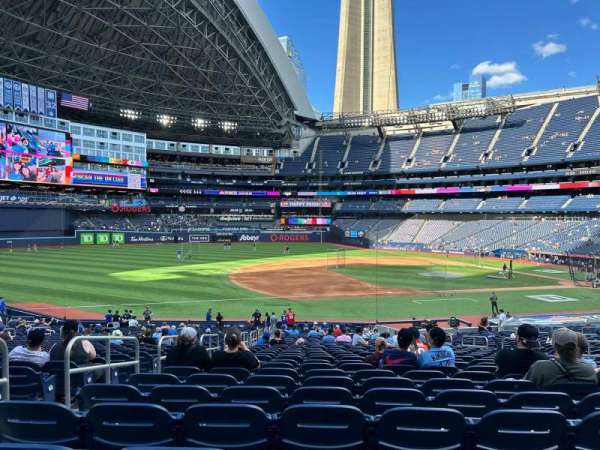Exploring Rogers Arena: Vancouver’s Premier Venue

Introduction
Rogers Arena, located in the heart of Vancouver, British Columbia, has been a cornerstone of the city’s cultural and sporting landscape since its opening in 1995. The arena serves as the home ground for the NHL’s Vancouver Canucks and is a multifaceted venue for concerts, entertainment events, and other sports activities. Its significance extends beyond just sports; it stands as a gathering place that unites the community through shared experiences.
Key Highlights of Rogers Arena
Over the years, Rogers Arena has hosted numerous high-profile events, including concerts by global superstars, major sporting events like the 2010 Winter Olympics, and several international tournaments. The flexibility of the venue allows for a wide range of configurations depending on the event, accommodating up to 18,000 spectators for hockey games and even more for concerts.
In recent news, the arena has made headlines for its commitment to sustainability and innovation. The facility has taken significant steps to reduce its environmental footprint through initiatives like energy-efficient lighting, waste reduction programs, and the use of renewable energy sources. These efforts are part of a broader trend among major venues aiming to create greener, more sustainable environments for guests and performers alike.
Upcoming Events and Community Engagement
As we look forward to the upcoming months, Rogers Arena has a packed schedule featuring both sporting events and concerts. The excitement surrounding the return of live events post-pandemic has reinvigorated the local community’s interest, with tickets for popular artists and sports teams selling out rapidly. This resurgence serves as a reminder of the vital role such venues play in the local economy, encouraging tourism and generating jobs.
Additionally, the arena engages with the community through various outreach programs, ensuring that a wide range of demographics can experience the buzz of live entertainment. Initiatives targeted at youth and families foster a sense of belonging and encourage an appreciation of sports and the arts, demonstrating the venue’s commitment to being a holistic community hub.
Conclusion
In summary, Rogers Arena continues to hold substantial importance not only as a sports venue but as a cultural epicenter for Vancouver. Its ability to adapt to the changing landscape of entertainment while prioritizing sustainability and community engagement is commendable. Looking forward, it is expected that Rogers Arena will host even more diverse events, thereby strengthening its position as a premier destination for residents and visitors alike. The future looks bright for this iconic venue and its role in the vibrant tapestry of Vancouver’s community.







